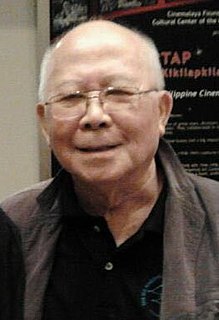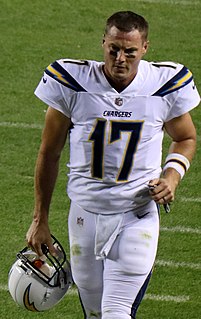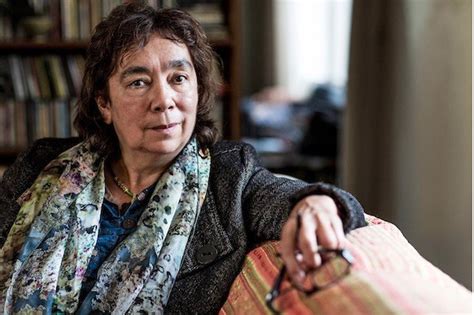A Quote by Kevin Crossley-Holland
I see the role of the writer as creating a room with big windows and leaving the reader to imagine. It's a meeting on the page.
Related Quotes
It is easier for the reader to judge, by a thousand times, than for the writer to invent. The writer must summon his Idea out of nowhere, and his characters out of nothing, and catch words as they fly, and nail them to the page. The reader has something to go by and somewhere to start from, given to him freely and with great generosity by the writer. And still the reader feels free to find fault.
We must be forewarned that only rarely does a text easily lend itself to the reader's curiosity... the reading of a text is a transaction between the reader and the text, which mediates the encounter between the reader and writer. It is a composition between the reader and the writer in which the reader "rewrites" the text making a determined effort not to betray the author's spirit.
We have to think big. We have to imagine big, and that's part of the problem. We're letting other people imagine and lead us down what paths they want to take us. Sometimes they're very limited in the way their ideas are constructed. We need to imagine much more broadly. That's the work of a writer, and more writers should look at it.


































